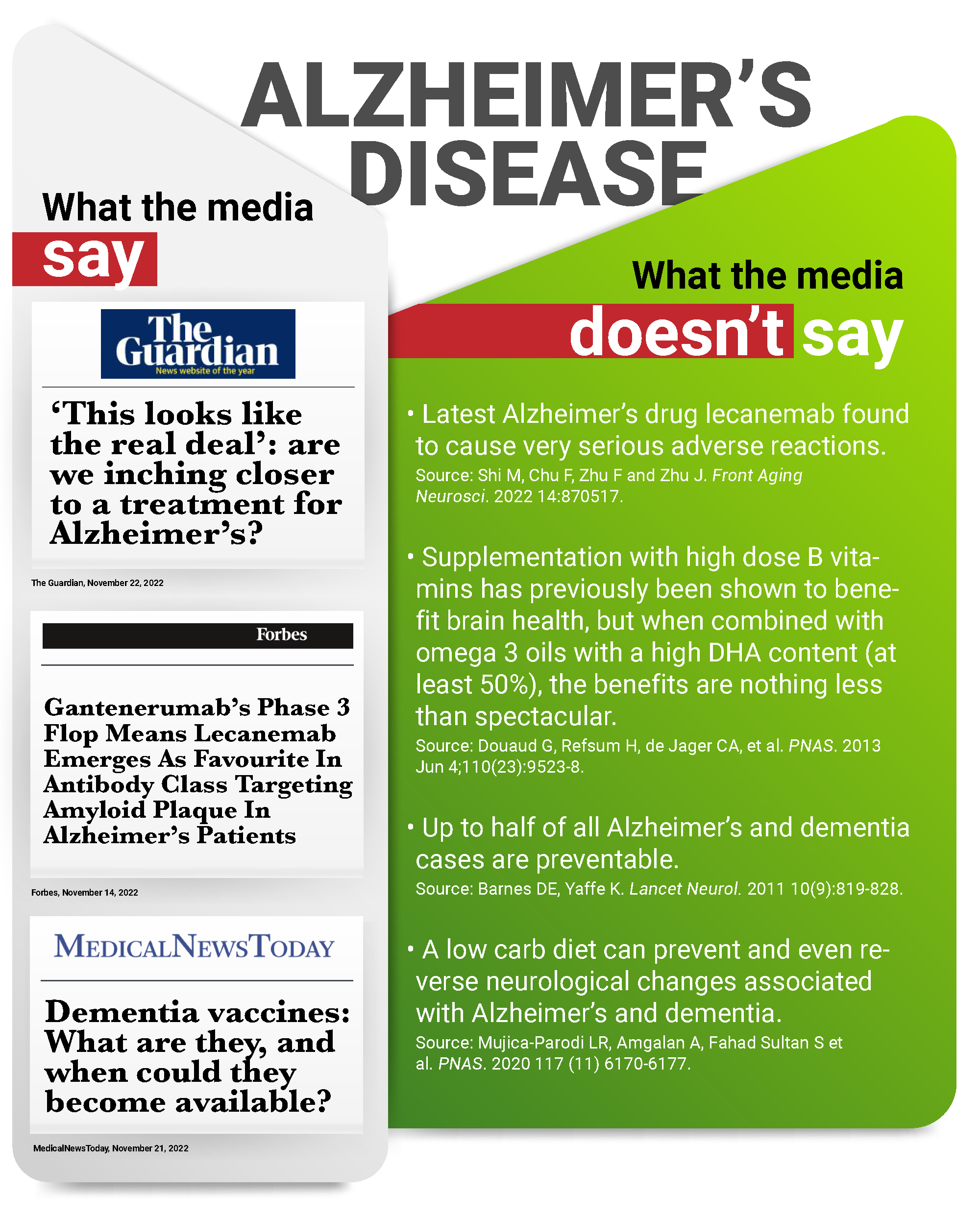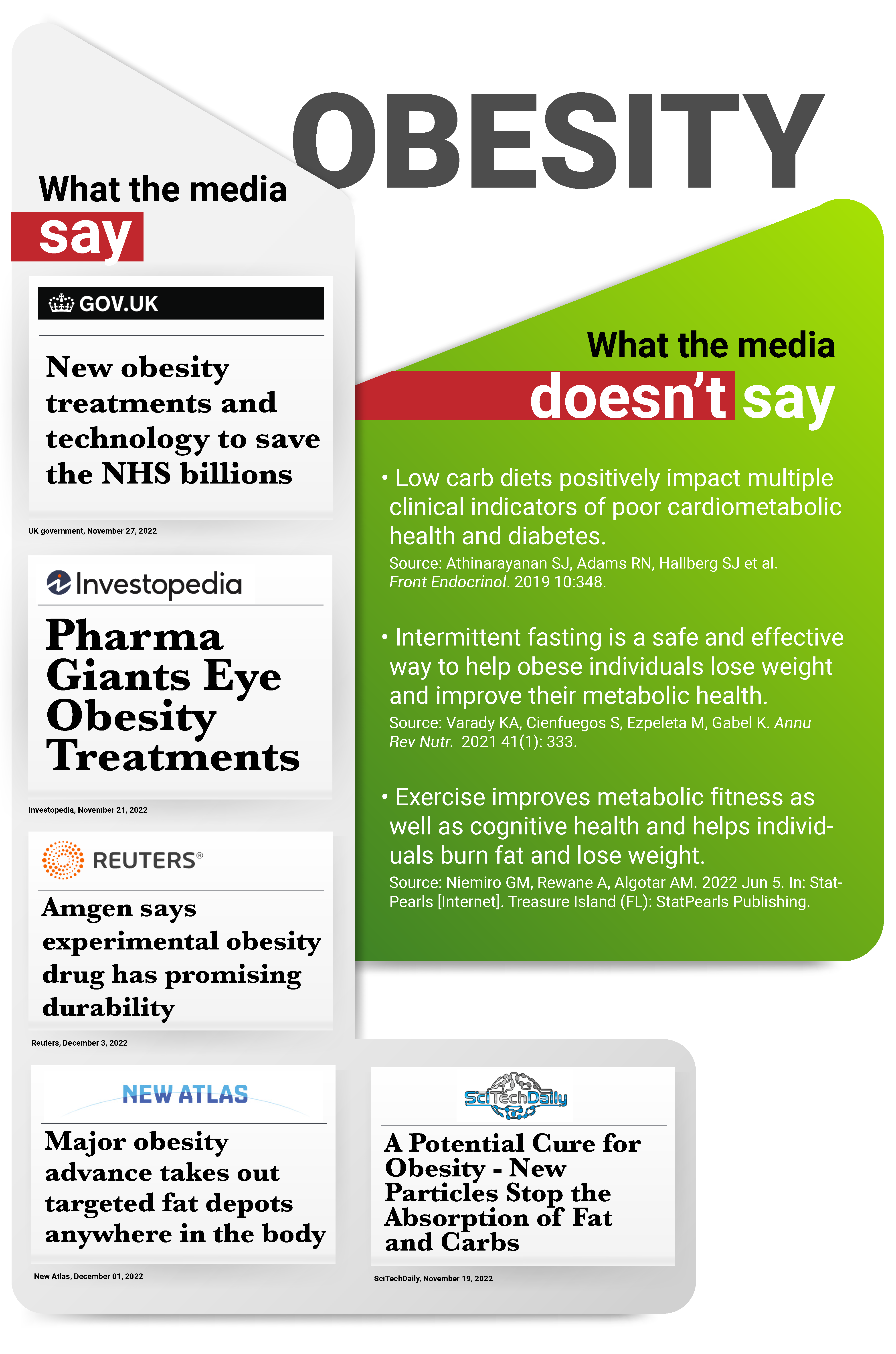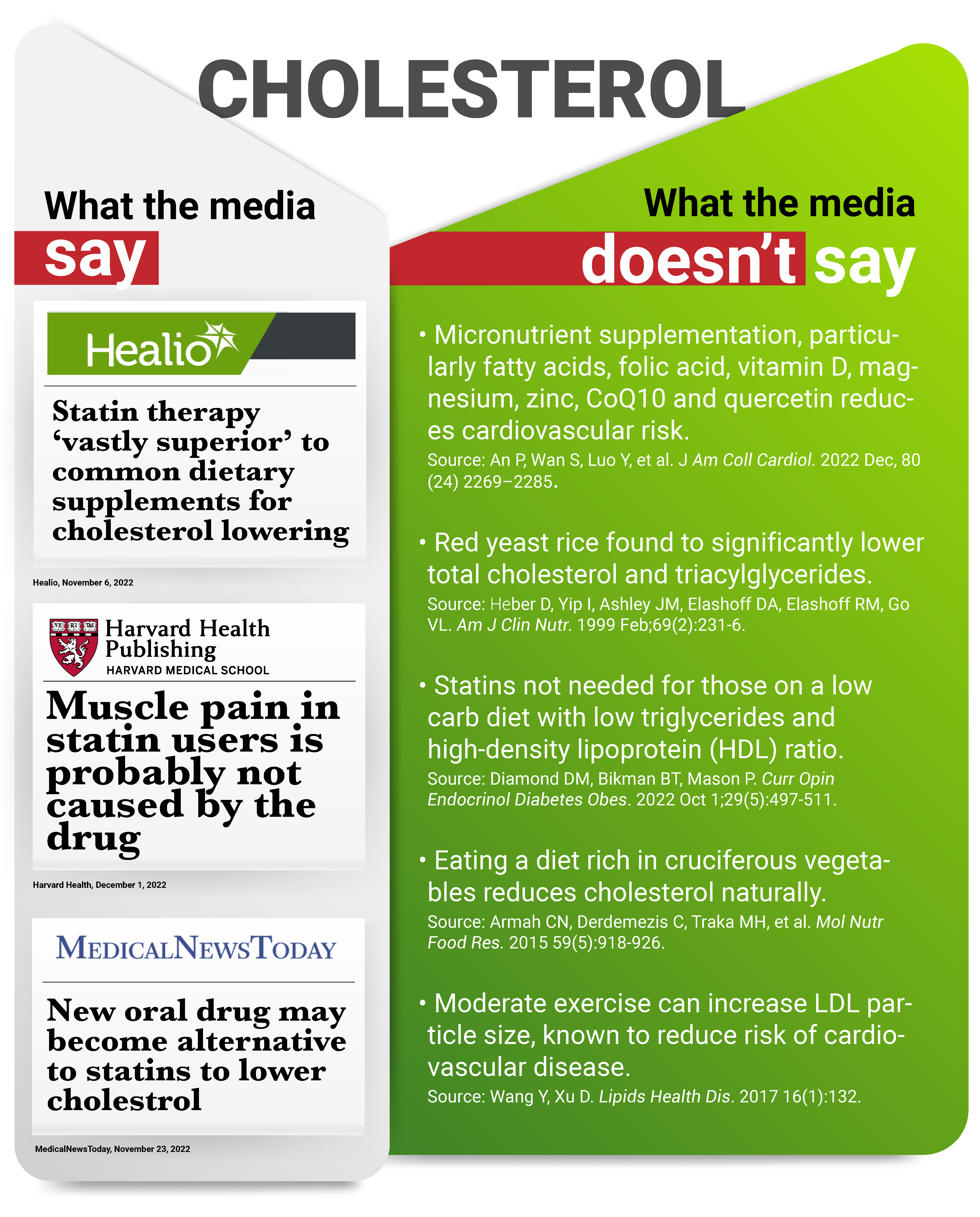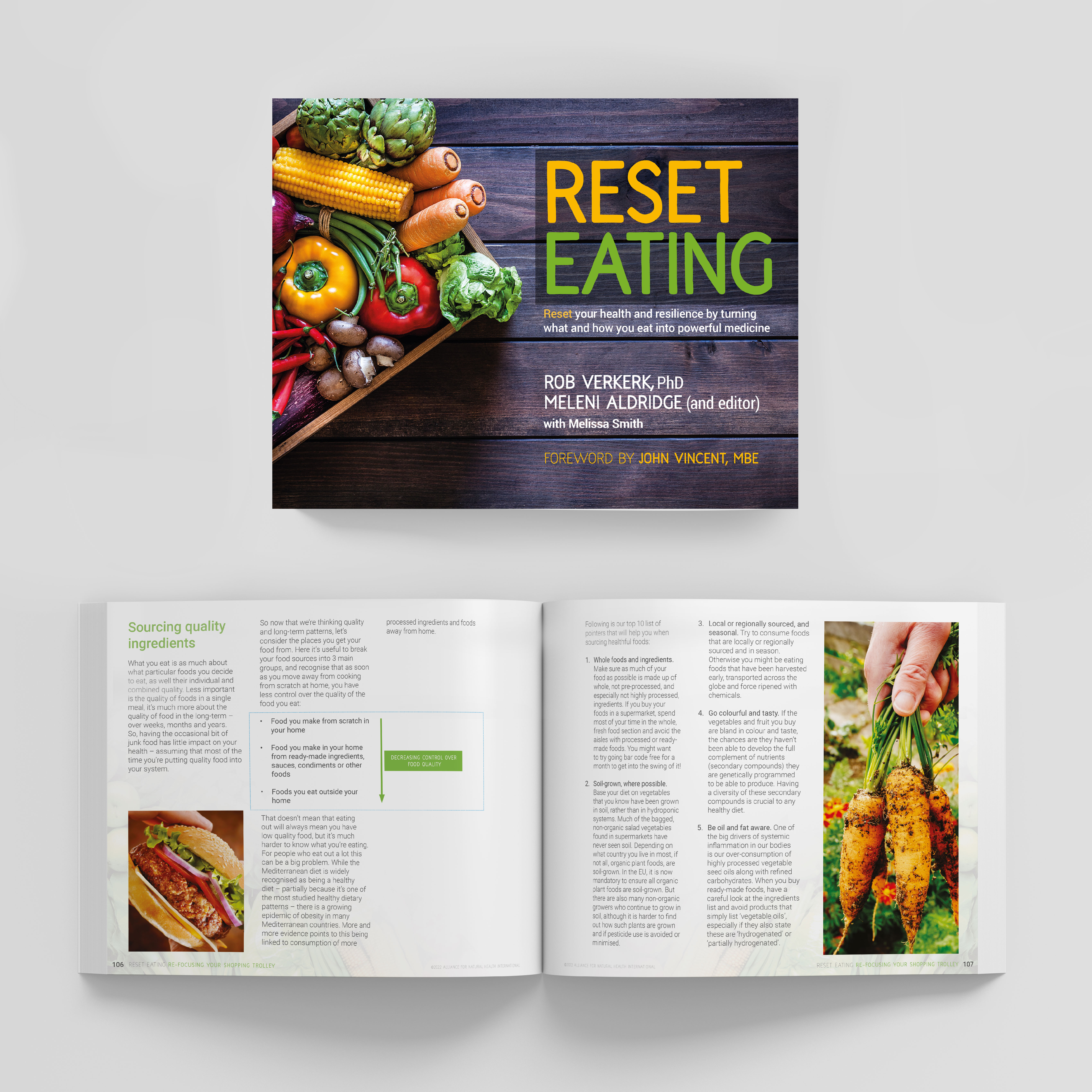Content Sections
Globally it's estimated one billion people will be obese by 2030. More than 42 million UK adults (71% of the population) could be overweight or obese by 2040, according to a shocking report released by Cancer Research UK earlier this year. The UK government's response is to throw vast amounts of taxpayer's money at developing new technological and pharmaceutical fixes. In the hope of doing what's never been done before: not just tackling obesity and its associated diseases, but miraculously also stemming the growing levels of cancer, mental health illness and addictions. Sound feasible?
While research commissioned by World Economic Forum partner, the Partnership for Health System Sustainability and Resilience (PHSSR) highlighted at its recent summit the urgent need to invest in developing sustainable and resilient global systems of healthcare, albeit in the context of covid, these global initiatives are a million miles away from considering decentralised, sustainable solutions that build resilience into communities, by working with nature, not against it.
Rather than encouraging people to take control of their health so demand for over-subscribed healthcare services can be reduced, the current system provides a never ending sales pipeline for the pharmaceutical industry. This in turn helps finance the revolving door with government agencies (here and here), as they seek approval for shiny, new products, often of marginal effectiveness.
The media trumpets the efficacy of its latest candidate drugs, often through the manipulated interpretation of corrupted science (e.g. such as quoting relative, instead of absolute, risk reduction). The public buys into the promises sold to them, and when the new, extortionately-priced, patented drugs finally hit the market, healthcare services buy them up and feed them to a primed and salivating public. This well-oiled propaganda machine remains mute about the alternatives available to those who might wish to opt for a more natural approach to managing their health.
In our infographic below we've brought this divergent communication to life using examples of what the media pushes in terms of drug-based treatments for common conditions, alongside the information it's less enthusiastic to share which could turn healthcare as we know it on its head!
Click on the images below to open the PDF versions, with live links.
Start your health journey here
- The Obesity Fix part 1
- The Obesity Fix part 2
- It’s the type of fuel, not the quantity that really matters
- ANH-Intl Feature: Are governments deliberately on the wrong anti-obesity track?
- Alzheimer’s disease: cheap nutrients outperform latest drug
- Muteness on B vitamins and lifestyle after pharma’s Alzheimer flop
- Intention Circle meditations
- Sovereign Breath Practice meditation
- Meditation Health Hack
- The deadly price of denial: from statins to low carb
- Blowing the lid on statins and the cholesterol myth
- Ten things you should know BEFORE taking statins
- Statin propaganda
- How does a society drugged up on statins clean up?
- ANH Health Hack video series
- Your invitation to engage in a little or a lot of Shinrin Yoku… (Forest Bathing)
- The most underrated drug?
- HRV – the best proxy measure of your stress?
>>> Visit our Food4health campaign page
>>> Return to the homepage













Comments
your voice counts
09 December 2022 at 2:18 pm
Rob and Meleni continue to provide informative and accurate comments on all issues regarding natural health. I have read and adopted many of these formulas and applied them both scientifically under investigation, and on my own body to the extent that I am survived ALS and twin heart attacks. Nothing they recommend falls outside the narrow band of thnd the truth. They are offering the best advice out there.
09 December 2022 at 6:44 pm
It's called healthy eating and exercising - even walking, you do not need to go to a Gym to have good health. And save a lot of money too.
How to permeate that mindset of unthinking acceptance by the Public of whatever is served up to them?
Is now a ritual to line up at the Pharmacy, as though at a food supermarket with its multi cashiers etc., in many Countries.
Your voice counts
We welcome your comments and are very interested in your point of view, but we ask that you keep them relevant to the article, that they be civil and without commercial links. All comments are moderated prior to being published. We reserve the right to edit or not publish comments that we consider abusive or offensive.
There is extra content here from a third party provider. You will be unable to see this content unless you agree to allow Content Cookies. Cookie Preferences